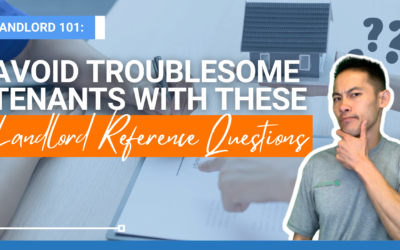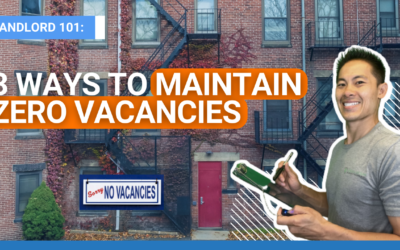Whether or not managing properties is new to you, you might have heard about leases (fixed term) and tenancy at will (month-to-month).
Learn the differences between these two forms of rental agreements, so you always know what’s best for your tenants and investment property.
Lease vs. Tenant-at-will
A lease is an agreement outlining the conditions of tenancy between a landlord and a tenant. stipulating the terms of tenancy.
This type of agreement usually lasts for a specific period. A typical lease is one-year with 12 monthly payments.
Tenancies at will are month-to-month agreements with no set length of time, as long as the tenant pays the rent.
The tenant can stay for 30 days and only has to give 30 days’ notice to leave. That notice to leave the property can also come from the landlord.
If the lease expires and the tenant does not leave but continues to pay the rent, it would automatically become a tenancy at will.
This is not an ideal situation for most landlords since there is no security of consistent income from the rent payments. But it happens.
The Pros and Cons of Leases and Tenancy at Will
It is typical and safe to do lease agreements. Leases mean a consistent amount of money coming in for a more extended period.
However, a tenancy at will has its merits in certain circumstances, such as:
1. When the property is newly acquired
If you acquire a new property and don’t know what the current tenants are like, it might be good to keep them at tenant at will for a while.
That way, it will be easier to issue a 30-day notice should you find them not the kind of tenant you want.
2. When you want to increase rent
Technically, increase your rent every single month if you give that notice. It’s very unlikely you get to do it with no complaints, but you do have the flexibility to increase rent without having to wait for several months.
3. When you want to renovate or sell
You might want a renovation or need to sell the property asap. With this, a tenant at will comes in handy because you can get a tenant out easier and faster rather than having them for a longer time if they are on a lease.
The Landlord Tutor Promise
To know more about which type of lease agreements are more beneficial for you, join the Landlord Tutor community and sign up here.




